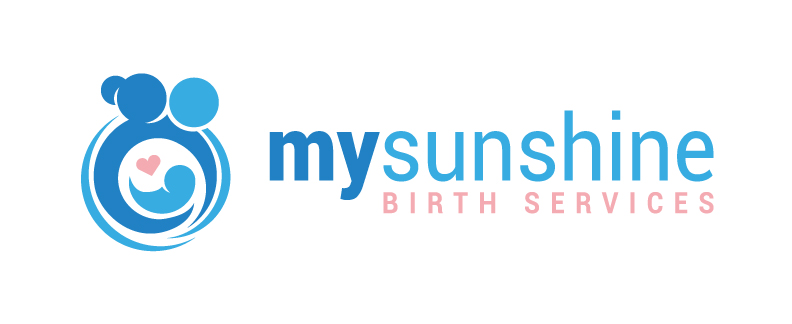Ketones During Pregnancy
It seems there is always a new health craze in the news. Words like ketones, keto, ketosis and ketogenic are all popular buzz words right now for promising rapid weight loss. At first, I had only had one friend telling me how ketosis had changed her life. Then, not long after, another friend was telling me about her Keto diet. Eventually, I noticed that weight loss companies had also began re-branding with the word "KETO" in order to increase profits using the latest health craze. At that point, I knew it was time to do some research. If you have or haven't heard of this latest 'trend', let's go ahead and break it down for everyone reading.
- Ketosis is a metabolic state characterized by raised levels of ketone bodies in the body tissues, which is typically pathological in conditions such as diabetes, or may be the consequence of a diet that is very low in carbohydrates.
- Ketones are present when your body is burning fat for energy.
- A ketogenic diet is a diet low in carbohydrates and high in fat that keeps the body in a state of ketosis.
Despite the rapid increase in hearing about ketones, my true interest in studying them came up when my own midwife noticed ketones in my urine in early pregnancy. She informed me that it raised some concern, because ketones in urine can be a sign of starvation. She further explained by saying, "I know you have been taking your nutrition very seriously and are not starving, but your low carb diet may be leading to the ketones." She recommended that I increase my carbs by eating a wider variety of carbohydrates such as brown rice, sweet potatoes and oatmeal.
I have to admit, I left feeling very confused. I don't follow a ketogenic diet, so how could I have ketones in my urine? Although I do have a modified diet (dairy free, gluten free and sugar free), I have no restrictions on healthy carbs. I trust my midwife, so followed her recommendation and attempted to increase the carbs in my diet with the suggestions she had provided. I even got urinalysis test strips to check for ketones at home. Even so, I was still confused and felt that if I know I'm not starving, does the presence of Ketones really matter? So the research began!
I found out that Ketones paired with glucose in the urine was a possible sign of diabetes and Ketones with protein in the urine could be a sign of preeclampsia. What about JUST ketones though? My urinalysis showed no signs of either elevated glucose or protein. I couldn't find any solid information from a reputable source.
I also found some articles that said if your body is burning fat for energy, then that means baby isn't getting the fat they need for proper development. This can lead to baby not having the necessary fat stores and even interrupt brain development. WOAH! That's scary stuff!! If it meant harming my baby, I would eat ALL the carbs.
I still felt like I wasn't getting the whole picture, so I made an appointment in Nashville (Tennessee) to speak with Registered Dietitian Marisa Woodal.
When not working at her local hospital, Marisa is currently working at a weight loss clinic that primarily focuses on keeping their patients in ketosis. However, she admitted to having had zero experience with ketosis during pregnancy. She was intrigued with the concept and was excited to take on the research herself. After about a week, I received the following email update:
"I wish I had more concrete information for you. As far as evidence based research the info I found is limited because pregnant women are not ideal test subjects. The clinical trials I did find used mice as their test subjects but obviously there are countless ways humans differ with mice. With that being said, the effects found with the ketogenic diet on pregnant mice did result in “alterations in embryonic organ growth” primarily in relation to the brain (thymus and hypothalamus).
I also found a great deal of resources from non-scientifically backed websites that claim a ketogenic diet is healthier for pregnancy than the typical American diet, which assumes a high intake of refined carbs/sugar, saturated/trans fats, and empty calories. But I can’t help but think a diet that falls somewhere in the middle might be safer? Basically at this point I’m not comfortable making a declaration one way or the other. I feel like this topic deserves greater research which I am willing to do, but I may still turn up with the same results. I’m sorry I do not have better info for you at this time"
I'm really looking forward to seeing what Marisa's longterm research reveals and I'll be sure to write a follow up blog with that information.
So where does this leave me? Right now, I feel that I don't have enough information to understand the long-term effects of ketones in pregnancy. Until then, I'm erring on the side of caution and working to maintain a nourishing diet high in a variety of nutritious foods and carbs in order to hopefully keep me out of ketosis.
Comment Below
I'm interested in hearing your thoughts on this. How do you feel about Ketosis and ketones during pregnancy? If you do follow a Ketogenic diet, have you considered how your diet would change if you became pregnant? Are you a Dietitian who has additional evidence on this subject?


